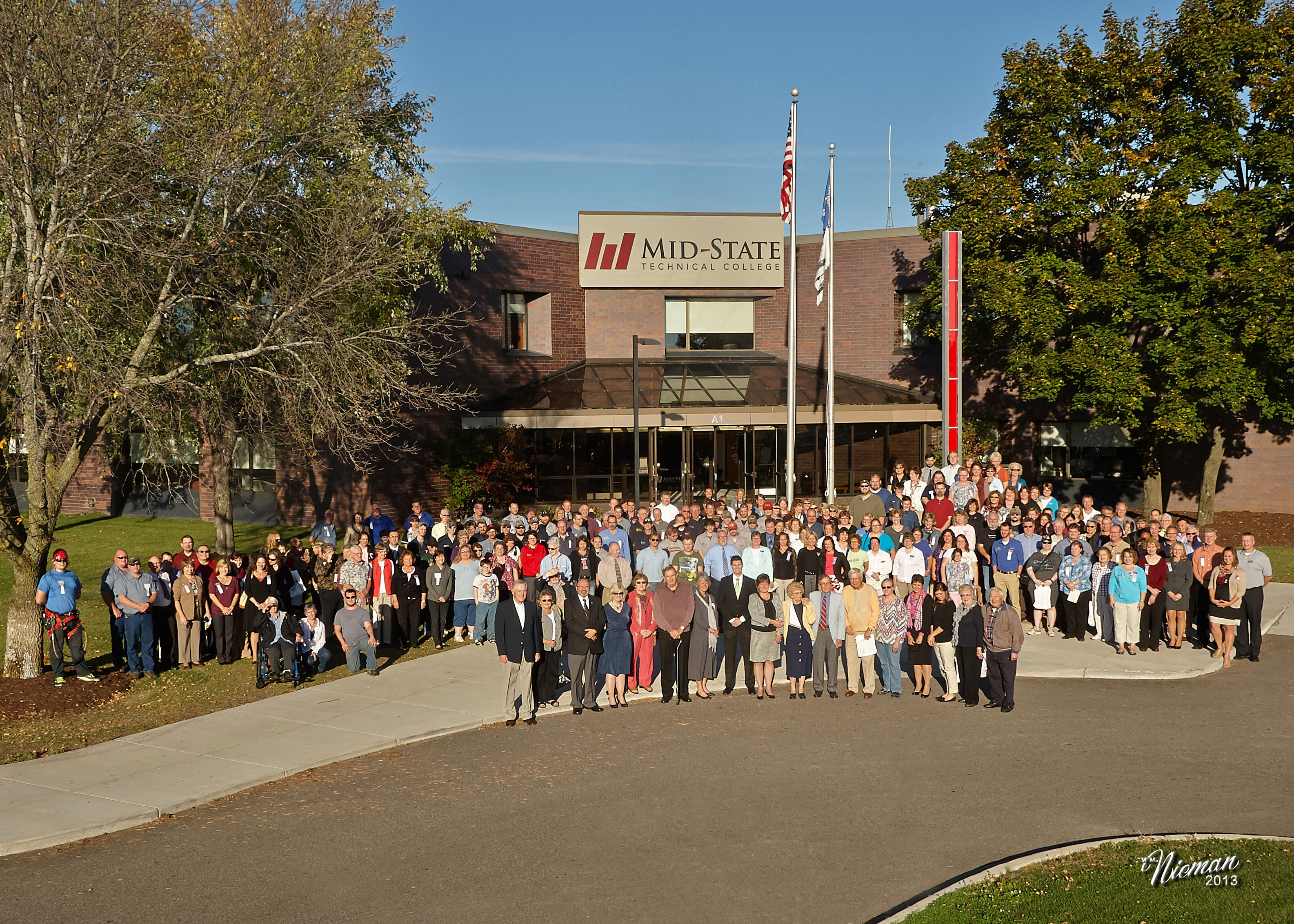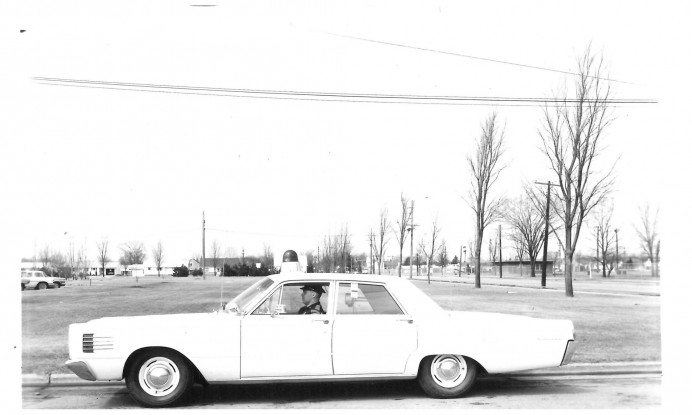Op-Ed: Net Neutrality Repeal Would Compound Rural Internet Woes

By Tommy Enright, National Farmers Union
AMHERST – On Dec. 14, the Federal Communications Commission will vote on a rule change that could threaten net neutrality, the principle that internet service providers must treat all data on the internet the same — not speeding up, slowing down or blocking any content, applications or websites you want to use. In the absence of net neutrality, internet service providers (like AT&T, Comcast, or Verizon) could block, slow down or charge users money for specific websites and online content. An example of this would be Verizon charging users more to use the Google search engine, since Verizon owns Yahoo and would likely prefer consumers to use it instead.
The repeal of net neutrality is a can of worms (wires?) that threatens our society in general. Until now, people have been able to communicate freely online. They get their news, share ideas and information, and connect with each other in a way that has become integral to our modern way of life. Should large corporations begin to moderate the internet, there will be fast and slow lanes. In an age where high speed internet is essential to education, lower-income citizens won’t be able to afford access to the same information as upper class citizens. Marginalized groups, who depend on the internet to get their message out or connect with each other may be silenced or blocked. Essentially, the privatization of the internet is a civil rights issue.
For farmers and rural residents, a net neutrality repeal would compound an already glaring issue – rural broadband access and service provider monopolies. According to the FCC, roughly 710,000 people in rural Wisconsin lack access to higher download speeds. In areas that do have access to high speed internet, the costs of service are often escalated.
I recently spoke to a friend in San Francisco who pays $70 a month for 200 mbps (megabits per second). Meanwhile, in Amherst, WI, I pay $113.40 a month for 30 mbps. Our previous internet plan was $90/month without the ability to stream content reliably, so we upgraded. Twenty miles away in Stevens Point, a friend pays $60/mo for 60 mbps… double the speed for almost half the cost.
Why the discrepancy?
A major factor is choice. In Amherst, and the surrounding area, Amherst Telephone Company runs a monopoly over internet service and they can charge more for less. While service providers in urban areas compete for customers, residents in rural areas often have to take what they can get. If net neutrality is repealed, rural residents may have to pay even more.
Net neutrality provides a level playing field for everyone (who has internet access). Freedom of information is what makes our society thrive as well as provides the opportunity for people to fix problems. If we are to continue to evolve as a civilization, we need to stand up to greed and corporate control. I urge you to take the following steps:
1. On a computer, go to www.fcc.gov/ecfs/filings/express
2. Under “Proceeding,” enter 17-108.
3. In comments, say: “I support Title 2 oversight of ISPs, and I support net neutrality.”
Email the FCC. Call your legislators. Be loud. Be visible. It’s our only choice.






